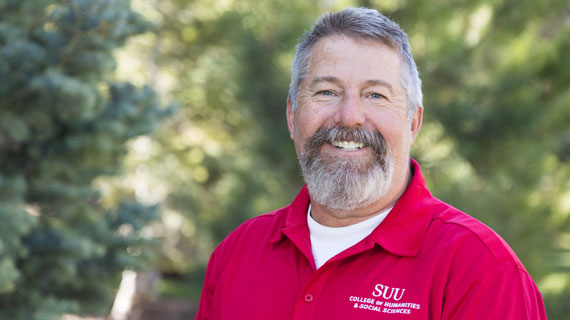2 min
Professor Helps Mowa Band of Choctaw Indians Secure Federal Tribal Acknowledgment
Dr. Mark E. Miller, Professor of History at Southern Utah University, recently wrote a brief in support of the MOWA Band of Choctaw Indians receiving federal tribal acknowledgment. After being denied federal acknowledgment in the 1990s, the Band is now looking to their congressional representatives to secure tribal status through an act of Congress.“It is not well-known, but there are over one hundred groups that identify as Aboriginal communities in the U.S. that the federal government never formally recognized as tribes,” said Dr. Miller. “Currently the MOWA Band of Choctaw Indians is recognized by the State of Alabama. They have a small reservation, a tribal center, a few housing developments built with federal grants, and a sports complex. That said, state recognition is far inferior compared to the benefits that federal status conveys.”Dr. Miller is uniquely qualified to represent the MOWA Band. His decades of experience and knowledge provided the foundation for his first book on the federal tribal acknowledgment process, Forgotten Tribes. His second book, Claiming Tribal Identity, focuses on the conflict between the Five “Civilized” Tribes (now known as the Five Tribes), most particularly the Cherokee Nation, and dozens of unrecognized bands that purport to descend from the Five Tribes. An entire chapter outlines the problems the MOWA Band of Choctaw Indians faced in using Euro-American historical records in proving its “race” as a Choctaw enclave.Bill S.3443 to extend federal recognition to the MOWA Band of Choctaw Indians was introduced to the U.S. Senate by Senator Richard C. Shelby (R-AL), a long-time supporter of the MOWA Band, in January 2022. The bill is currently in committee and will likely be approved by the Senate later this year.







